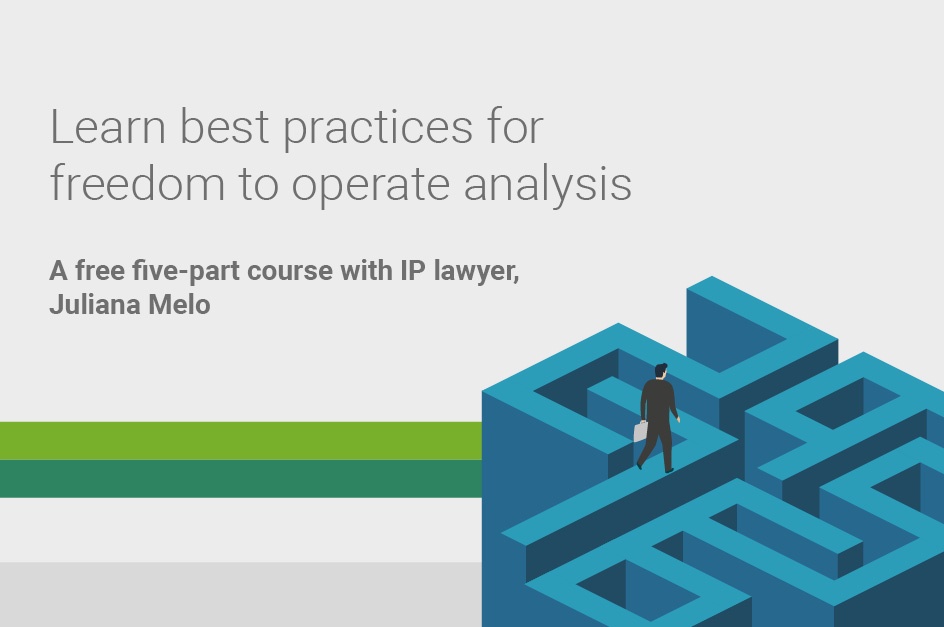Why freedom to operate goes beyond just a search
A freedom to operate search, or FTO search for short, is a check to find out whether any product you plan to produce and commercialise is not going to infringe upon anyone else’s valid intellectual property rights. Although referred to as a search, the search is really just the starting point of a longer activity that should, at the end, provide a risk analysis or risk assessment. This assessment includes an opinion on the level of risk a specific invention poses and what intellectual property exists that limits freedom-to-operate.
Based on the outcome of the search, an organisation can then decide how to proceed – whether to license necessary technologies, whether to modify the invention or approach or, in some cases, whether to cease pursuing the project. In some cases, depending on the level of resource or investment that is to be committed to a project, a legal opinion will be sought. However, companies will not want to pay legal fees for every new potential project in the pipeline and will want to carry out some level of FTO analysis itself to rule out any obvious early instances of limitations to FTO, before escalating the project further.
In this interview, Juliana Melo, with an LLM in Intellectual Property and New Technologies from the Autónoma University of Madrid, provides her views on when and how organisations can conduct these early searches and the structure they should take. PatSnap and Juliana have also worked together to provide a series of videos on the topic so that, by the end, participants in the lectures will have a foundational understanding of what FTO analysis involves and what they should be looking for.
Join Academy today to access this free course

Join our free five-part course: How to do a freedom-to-operate (FTO) search